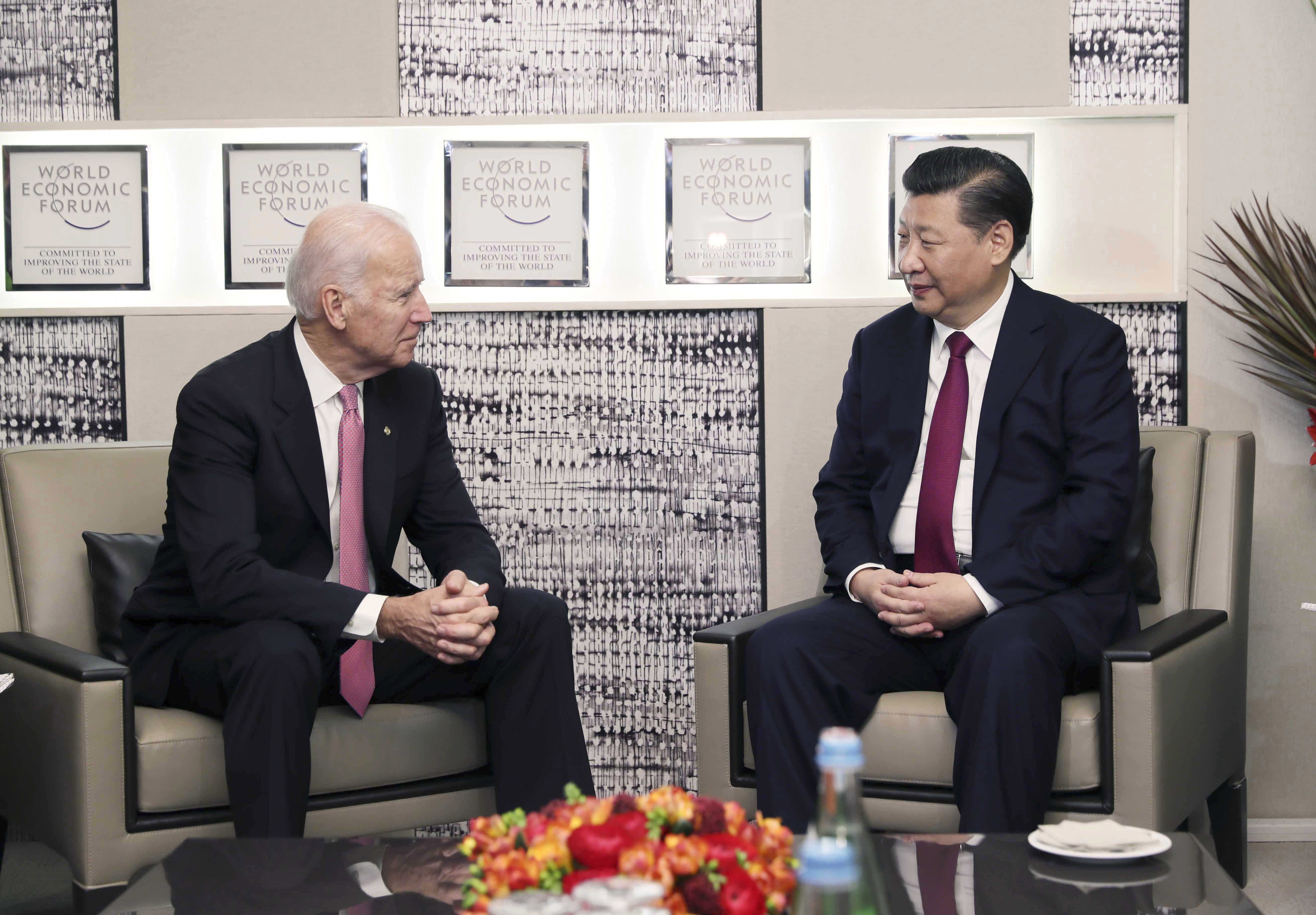
U.S. President-elect Joe Biden (L) met Chinese President Xi Jinping in Davos, Switzerland on Jan. 17, 2017.
Lan Hongguang | Xinhua News Agency | Getty Images
The U.S. under a Biden administration could cooperate with China on health care and climate change, even as the two countries remain far apart on other issues, said Eswar Prasad, a former head of the International Monetary Fund’s China division.
President-elect Joe Biden has made the coronavirus outbreak one of his priorities and is expected to announce a task force on Monday which will come up with a plan to contain the virus. Biden also called climate change the “number one issue facing humanity” during the campaign.
“Both of these are issues that are very important to the incoming administration and certainly, on these issues at least China has to be seen as something of a partner even if not a close ally,” Prasad, now a professor at Cornell University, told CNBC’s “Squawk Box Asia” on Monday.
He pointed out in the area of health care, China — where Covid-19 was first detected — appears to have done a “reasonably good job” in handling the pandemic and its fallout. In terms of climate change, the U.S. may not be able to achieve much globally without China’s cooperation, he added.
I think the Biden administration will be much more strategic in its approach, recognizing that it may have to give in a few areas in order to gain broader concessions in many others.
Eswar Prasad
professor, Cornell University
“So these are areas where I think the two countries might see eye-to-eye, which I hope would provide a better basis for negotiation on much more difficult areas, especially economic and trade policies where there are contentious issues almost built in,” said Prasad.
That doesn’t mean that relations between the U.S. and China — which worsened under President Donald Trump — could take a turn for the better. Echoing the views of many experts, Prasad said the U.S. policy toward China is unlikely to change substantially.
That’s especially so when the “baseline” of the U.S.-China relationship has shifted in the last few years, he said. The U.S., in general, appeared to see no “real payoff” in having a cooperative relationship with China, he explained.
Still, the Biden administration would use a different tone and tactic in approaching Beijing, said the professor. The president-elect is likely to staff his administration with people who worked under former President Barack Obama, Prasad said. Those people, he added, recognize that there may be benefits to working with China.
“I think the Biden administration will be much more strategic in its approach, recognizing that it may have to give in a few areas in order to gain broader concessions in many others,” he said.




